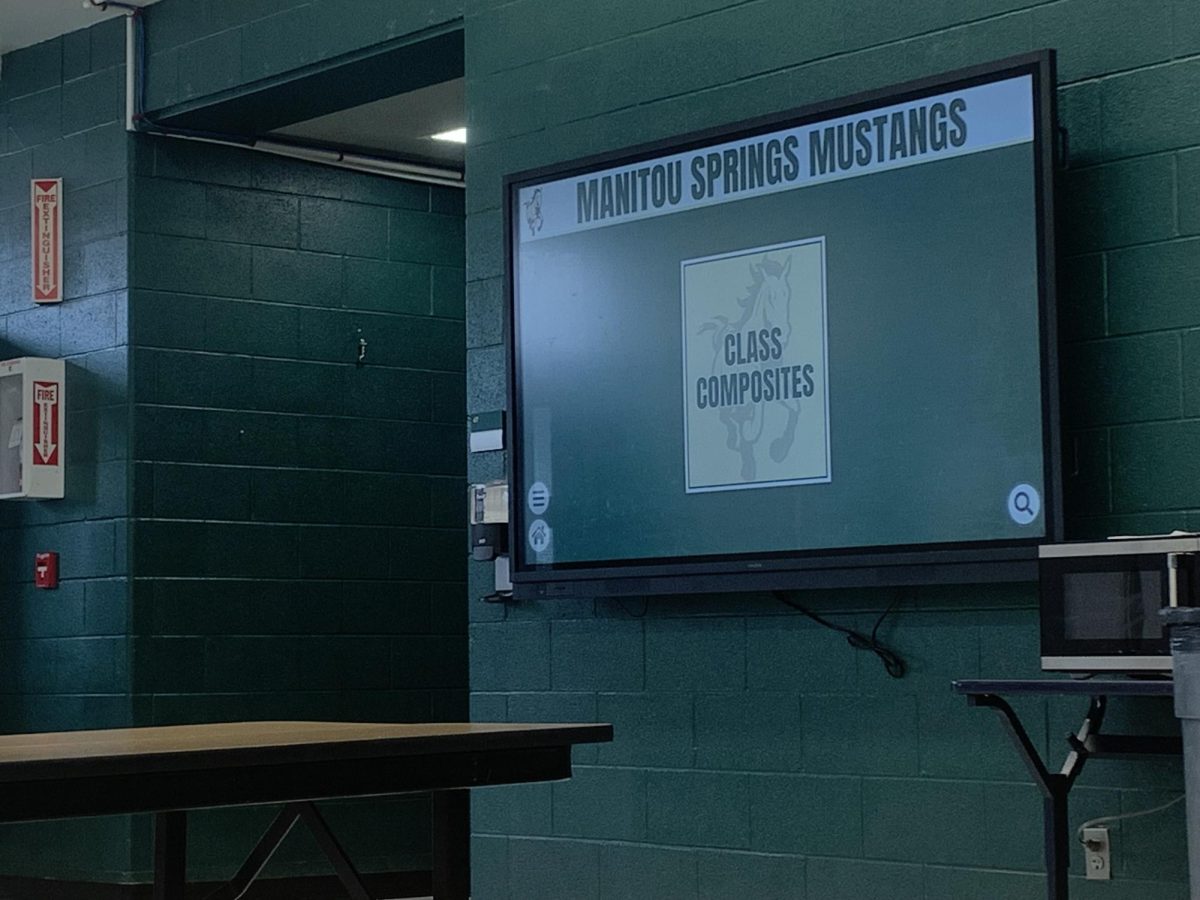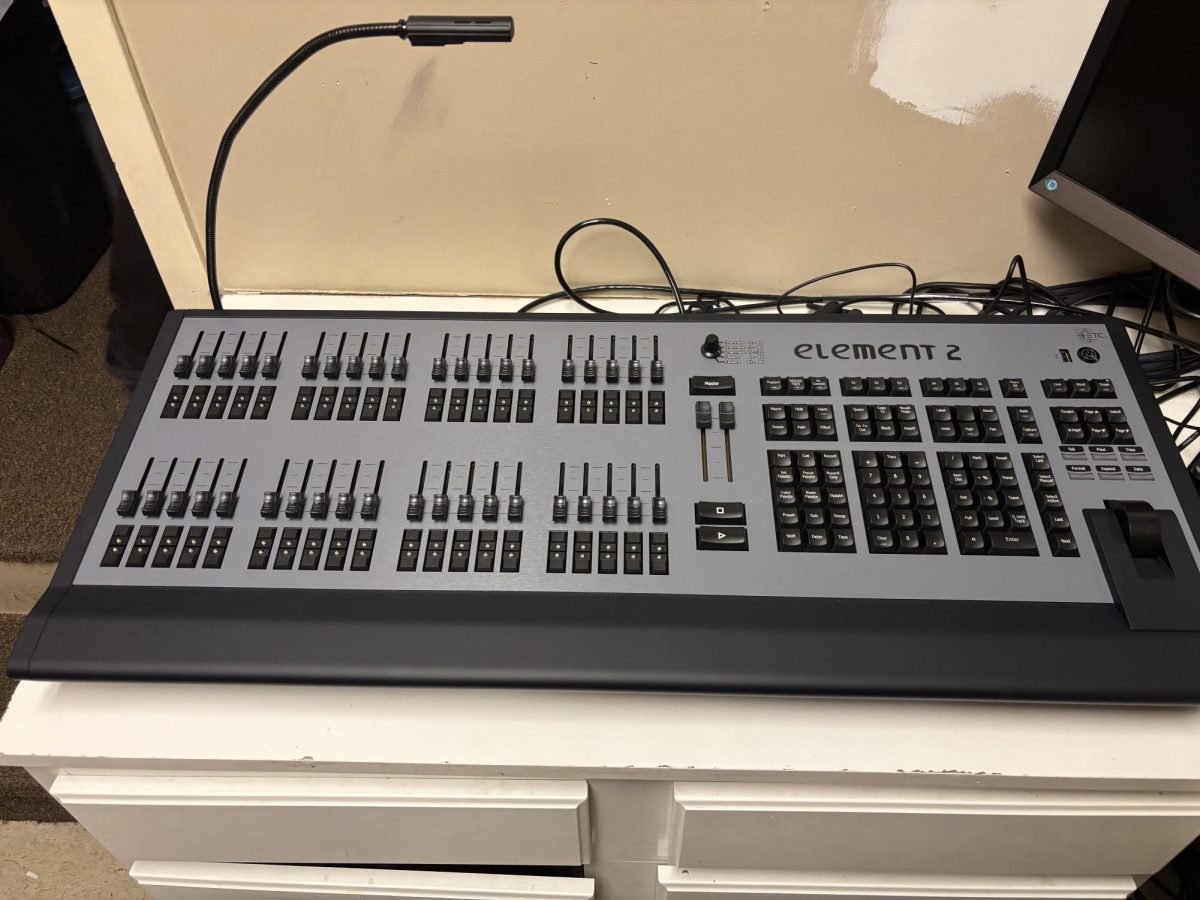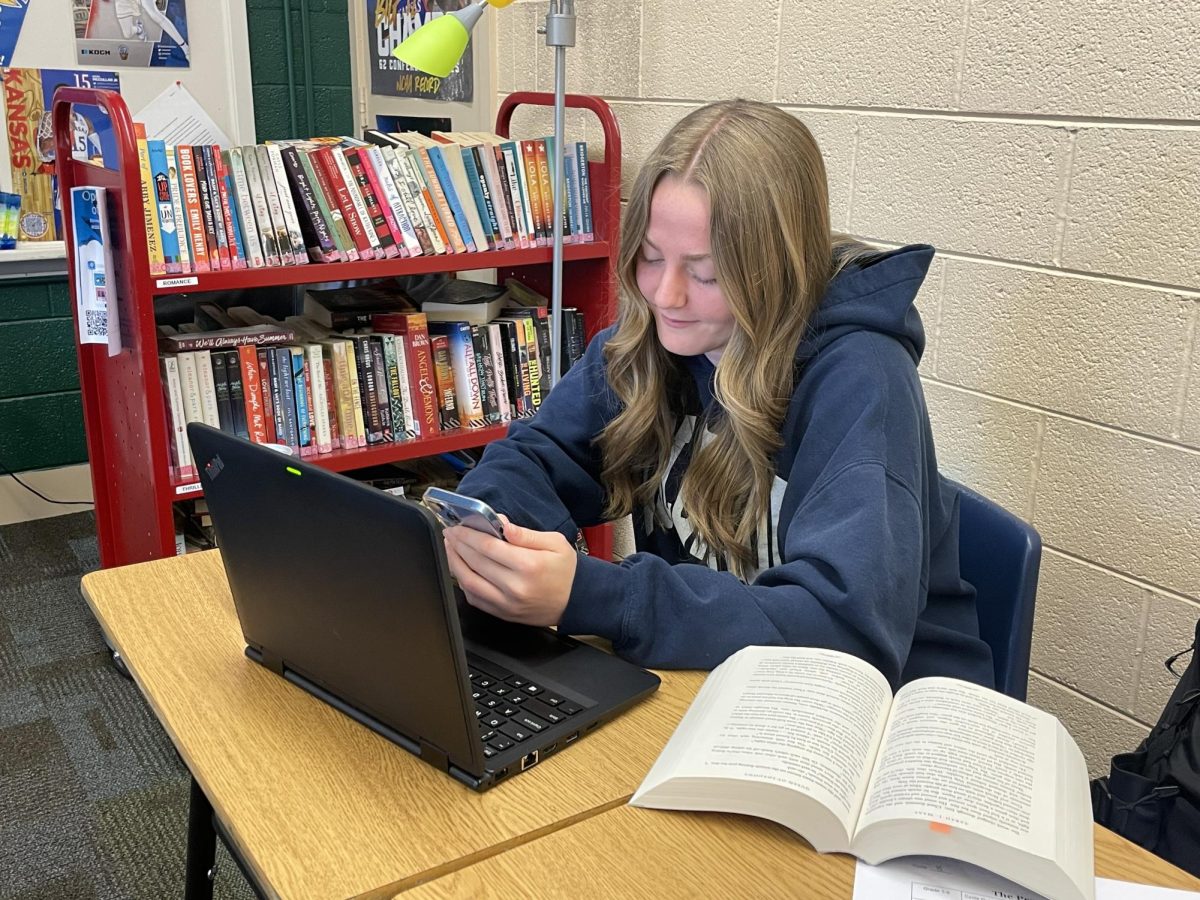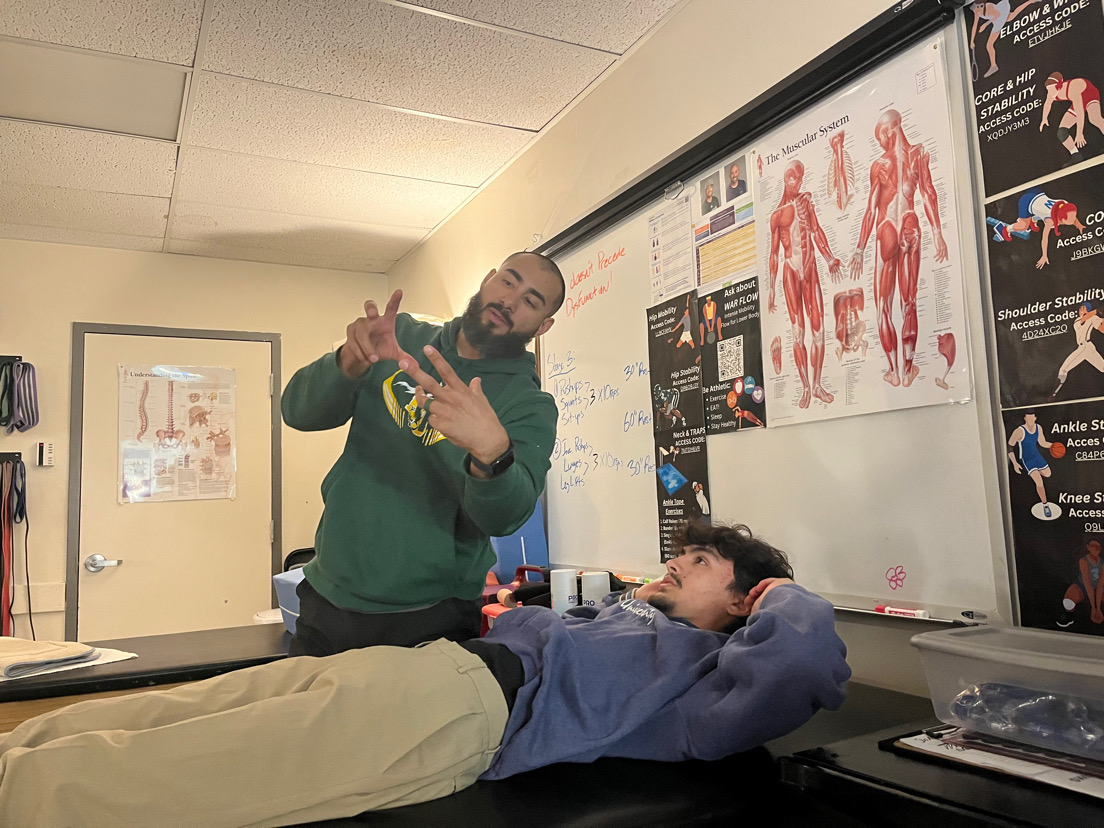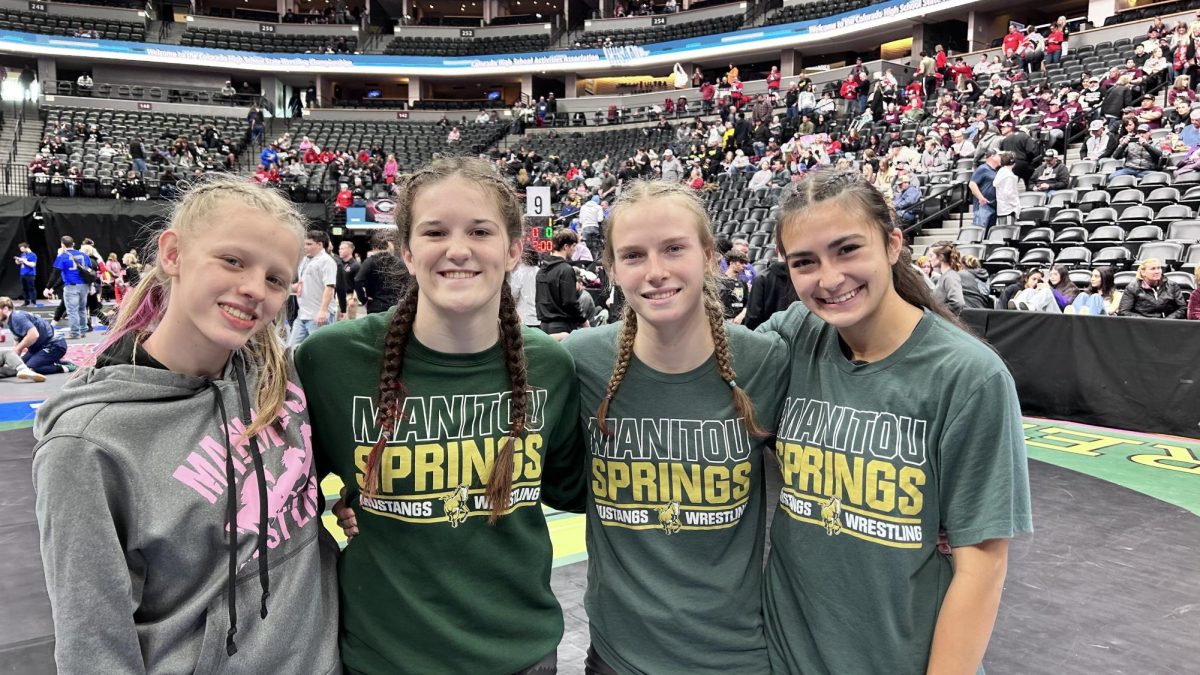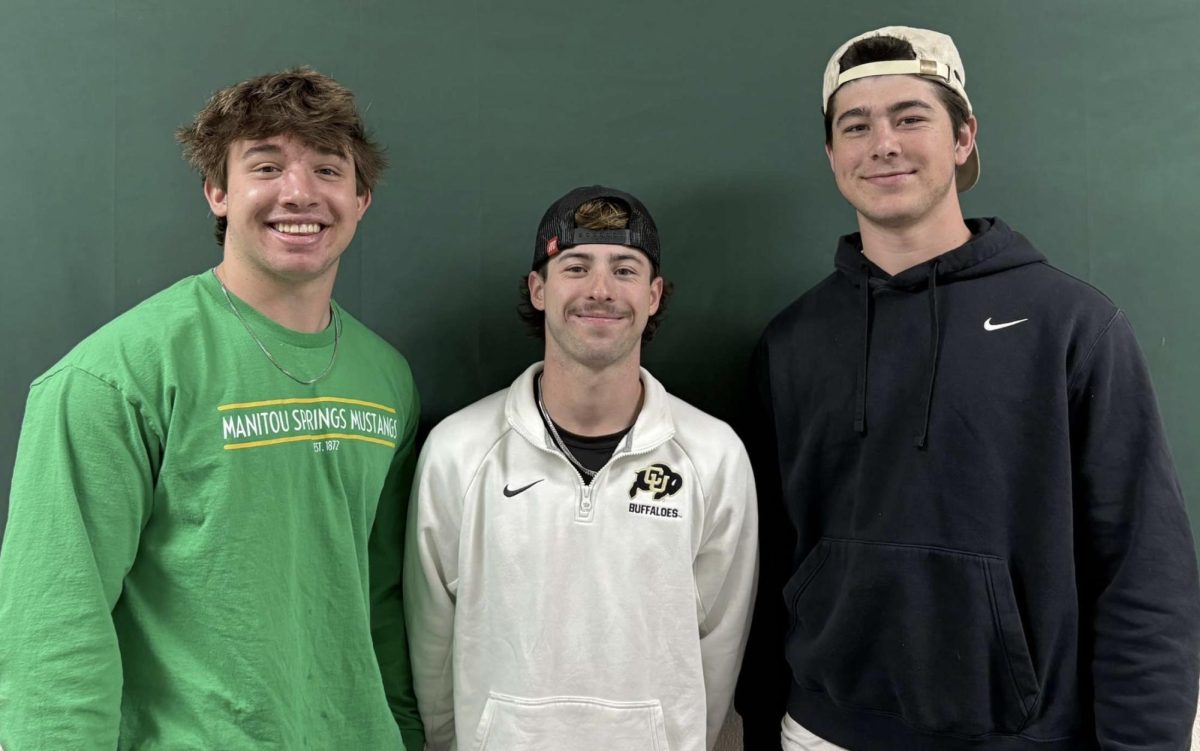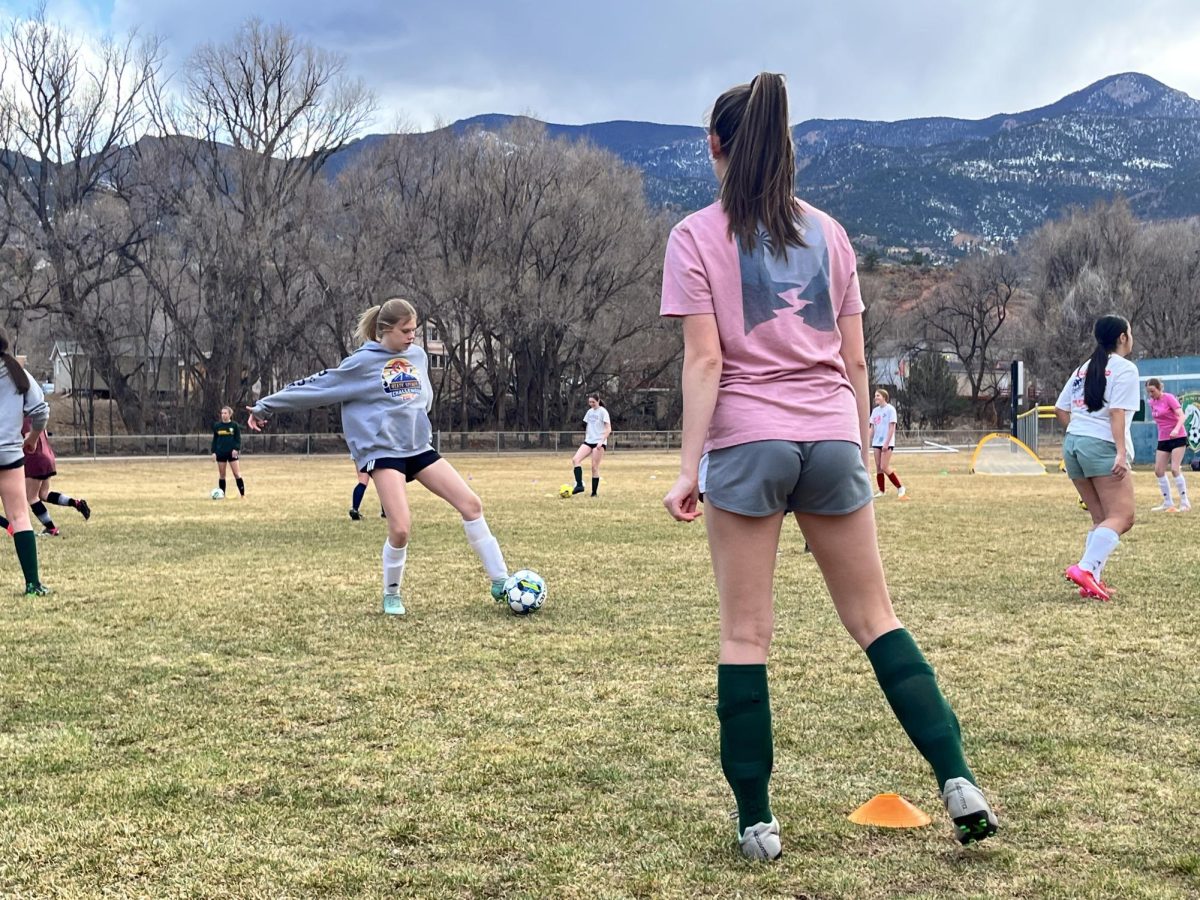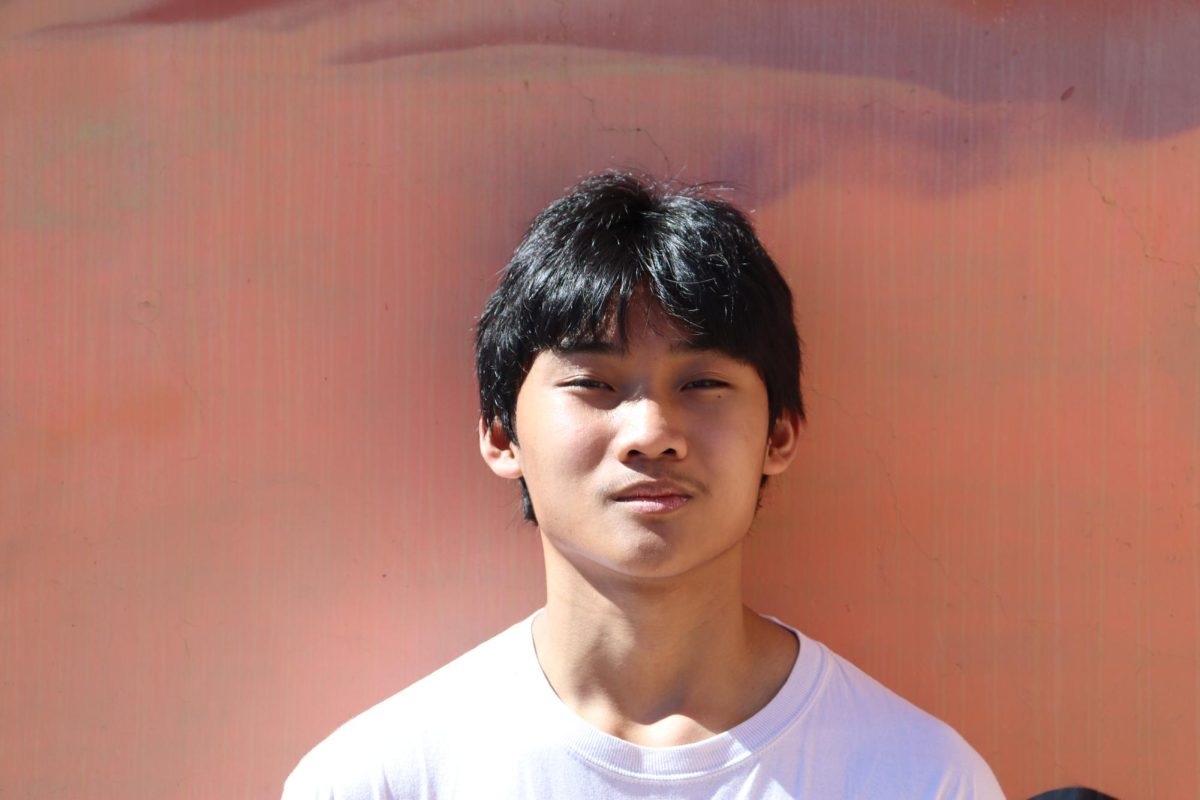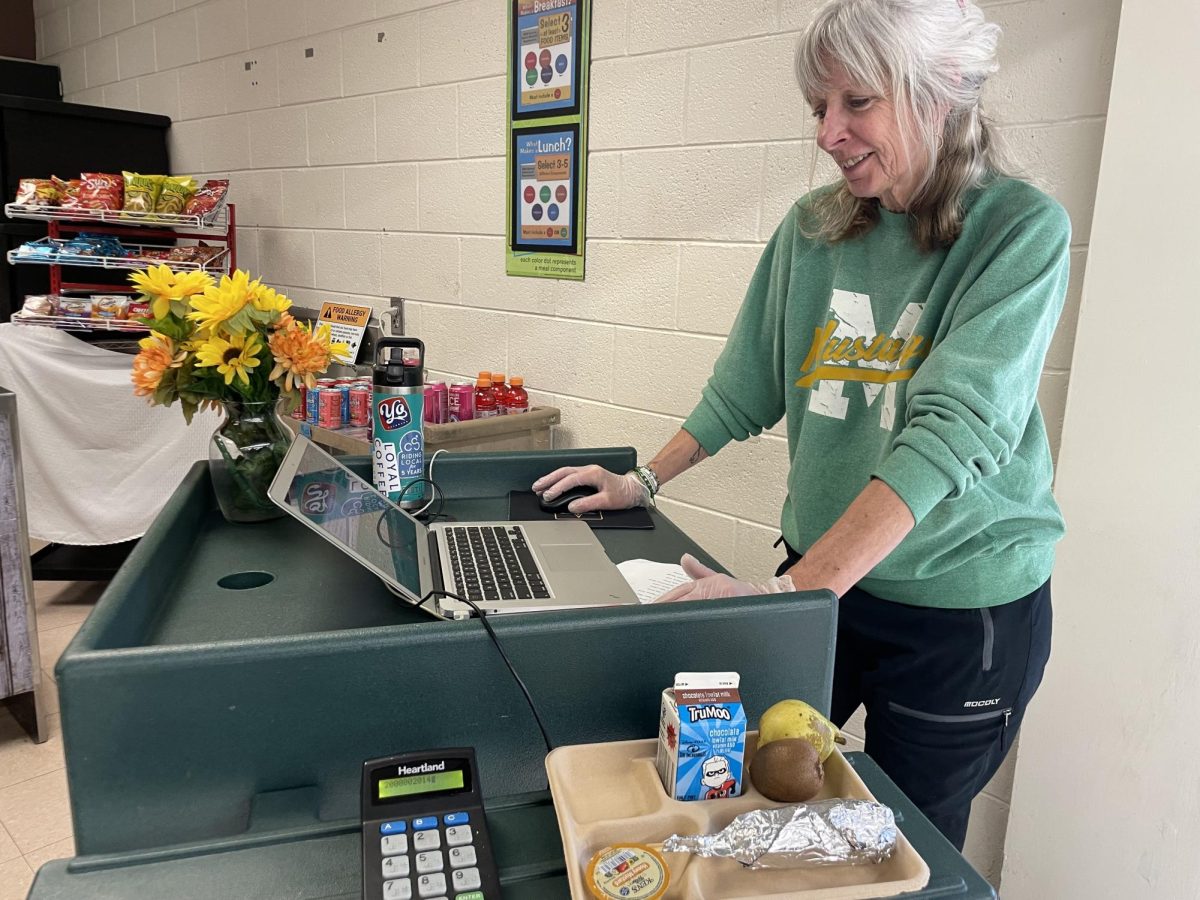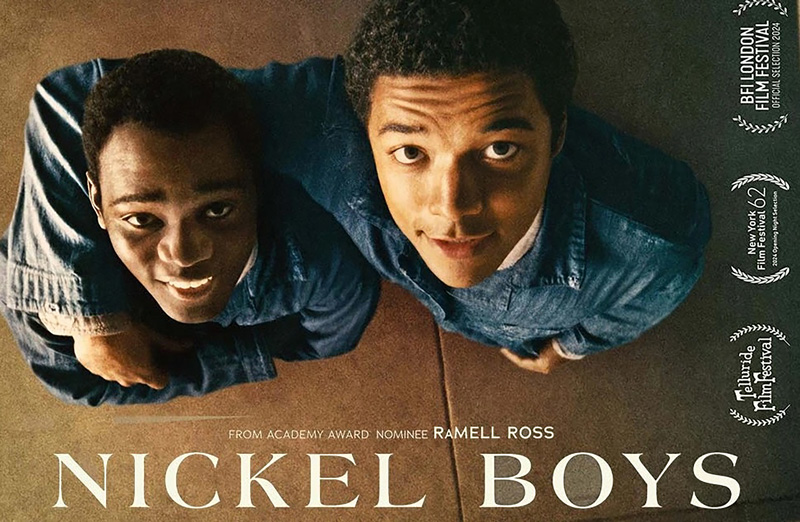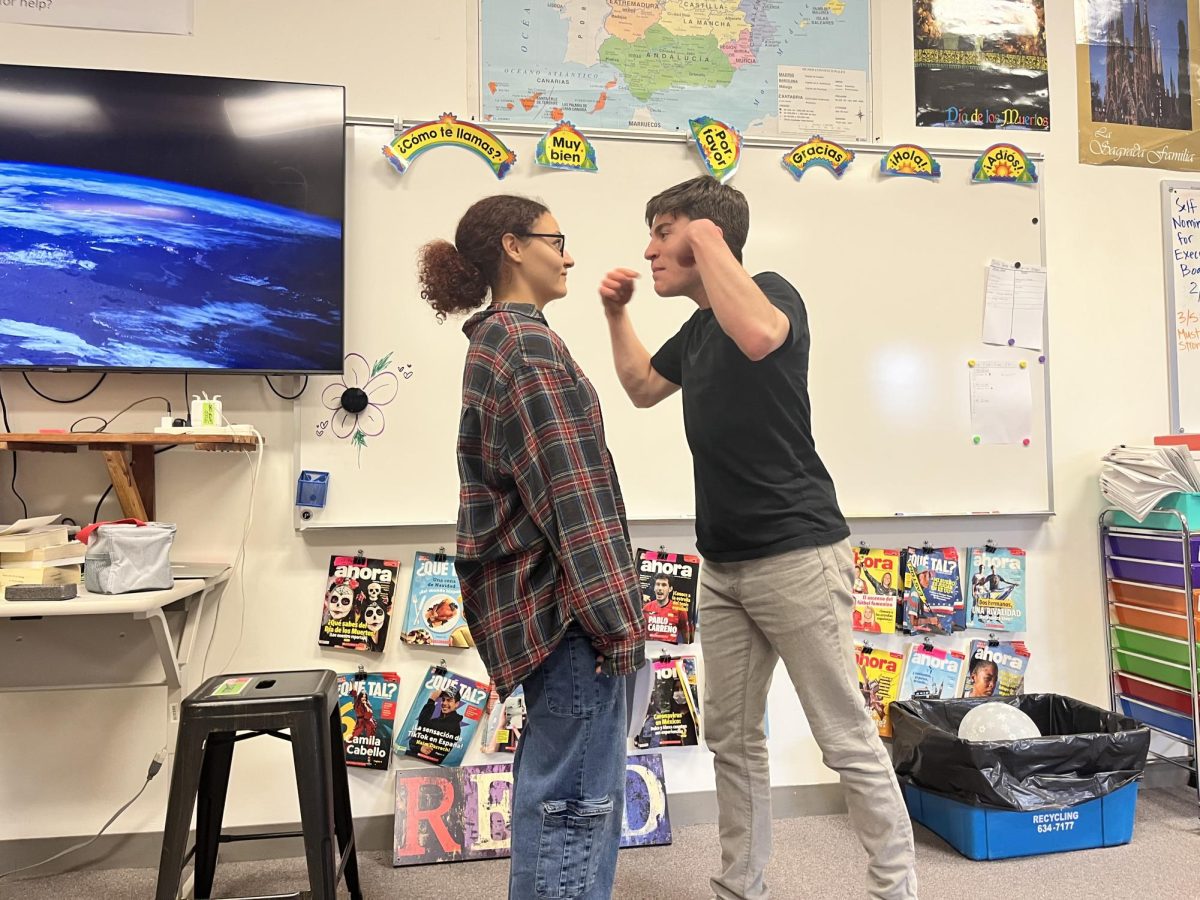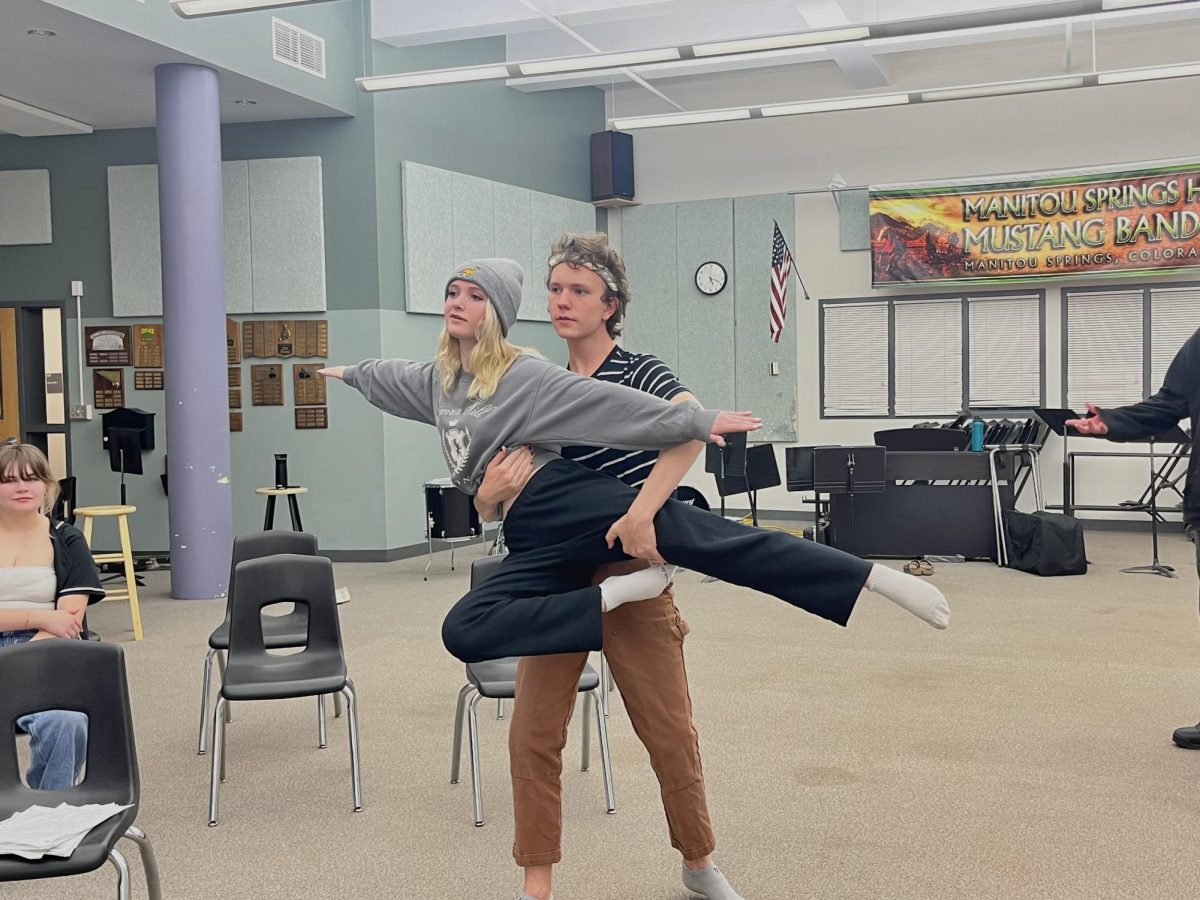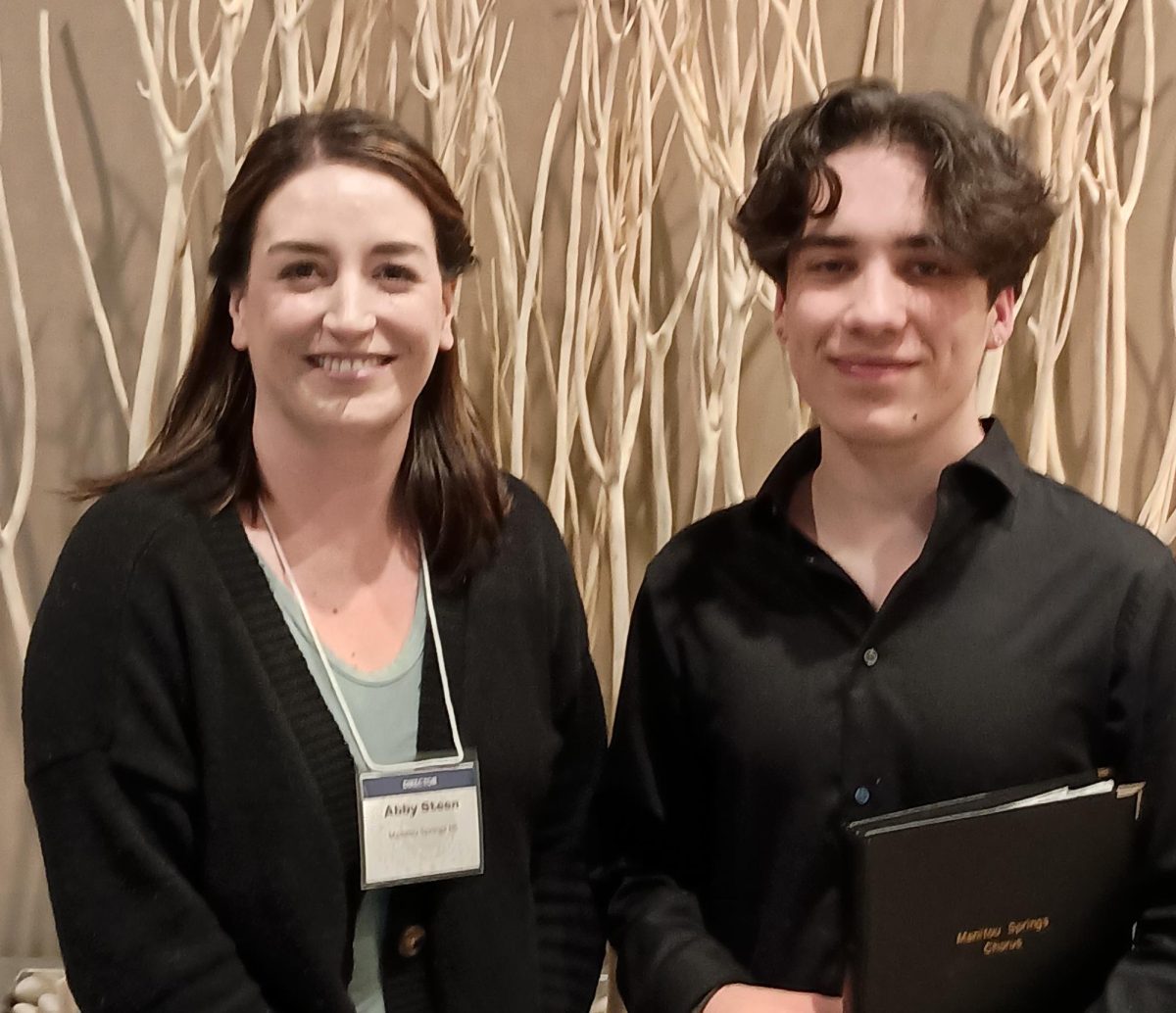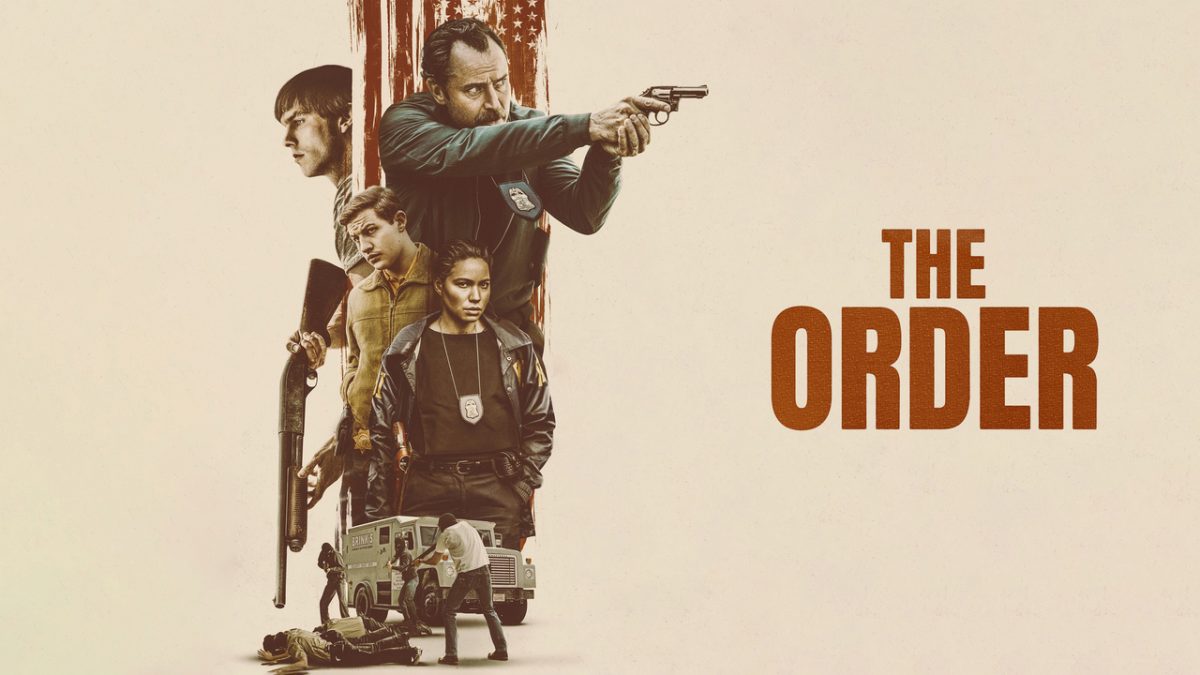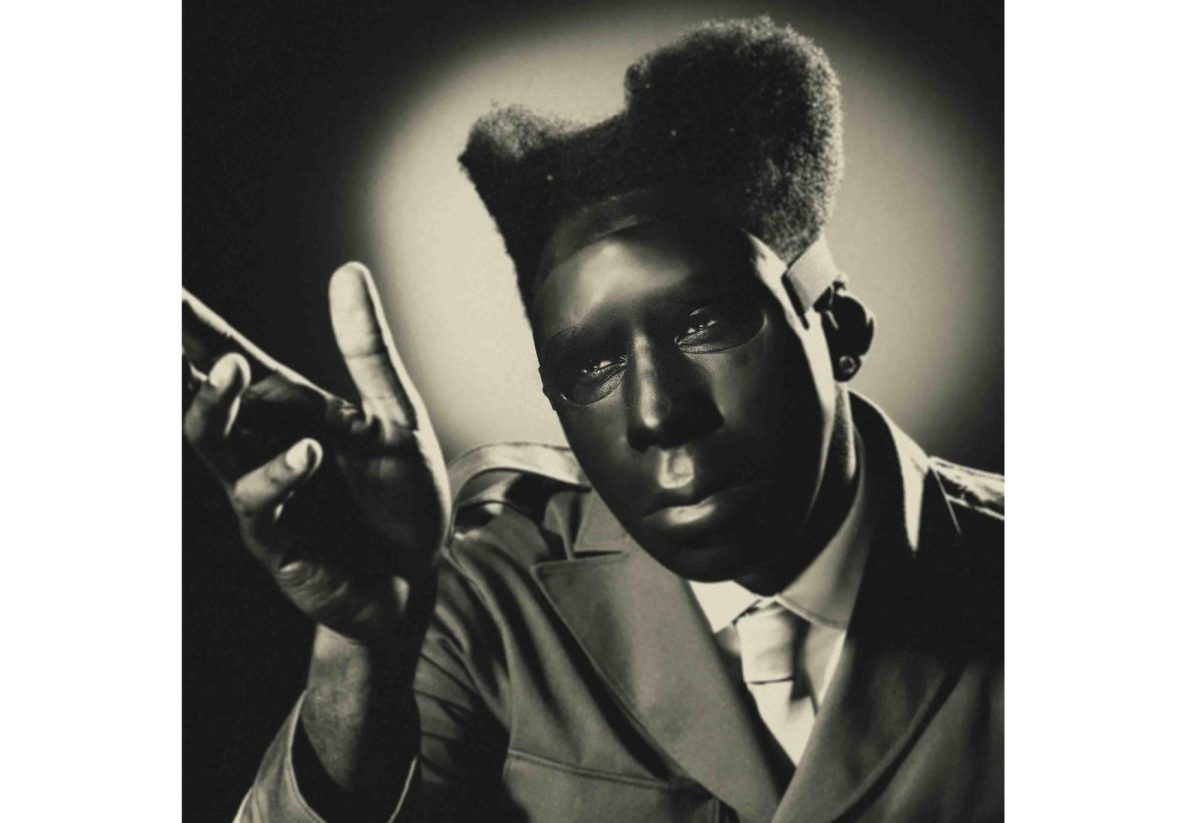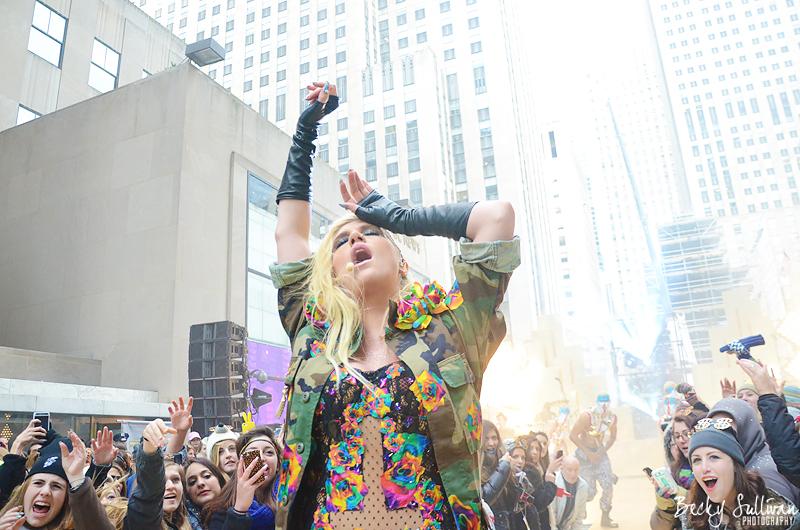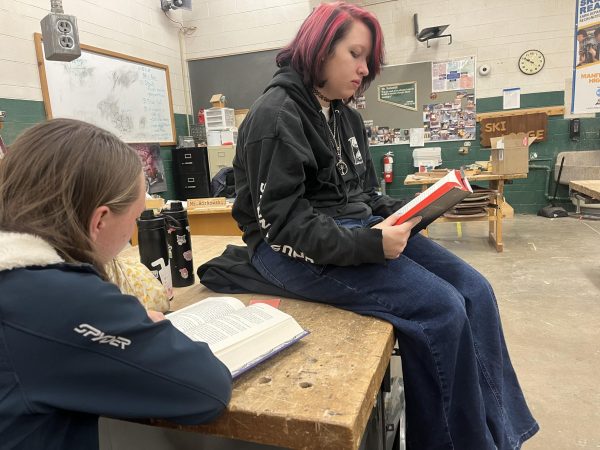Editorial: Free Kesha from Sony Productions
March 15, 2016
Last week, a Manhattan Supreme Court Judge refused to allow 29-year-old pop star Kesha to terminate her six-album deal with Sony Productions after she accused her producer, “Dr. Luke”, with years of abuse. The courtroom filled with tears from Kesha and her supporters, as the case was widely disregarded as a serious issue. The word, “alleged” was used repeatedly to describe the accusation that Kesha says she remembers vividly. The judge even stopped to ask Kesha why she would want to stop working for Sony Productions.
This case has been going on for the past year and a half. Kesha, who has accused Lukas Gottwald of a decade of abuse, has only been trying to terminate her contract with him. Her vivid, tear-jerking recounts of this abuse claim that Gottwald had drugged, raped and emotionally attacked her for ten years. This abuse spiraled into a life-threatening eating disorder, which Kesha entered rehab for in January of 2014.
The refusal by Sony to allow Kesha freedom from her abuser is a complete disrespect for the singer’s physical and psychological well-being. The company could easily make this go away, but has instead decided to engage in a legal battle to protect Gottwald’s stake in Kesha’s future.
Shirley Kornreich, the judge for this case, asked Kesha why she wanted to stop working for Sony, even if it was promised that she and Gottwald could be kept separated, saying that it was unfair to, “decimate a contract that was heavily negotiated.” This judgement fails to acknowledge the fact that Kesha, at 18, did not negotiate her contract to include the details of her own rape and abuse. While the contract may have been heavily negotiated, there was nothing in it that reevaluated the young singer’s rights to her own body.
Gottwald, being Kesha’s producer, currently has rights to her house and is in control of her financial income. Kesha’s lawyer has asserted his fear that Gottwald could “bury” Kesha’s unpublished work, which would cause her to lose profit. This is just another form of abuse coming from the 42-year-old producer. According to the National Network to End Domestic Violence, financial abuse is an aspect in about 98% of abusive relationships.
The fact that both Sony and Kornreich have the ability to put Kesha’s suffering to an end, and neither have taken initiative to do so, proves that both are more interested in continuing an unwanted career than helping a young star escape her abuser. While the judge acknowledged that Kesha shouldn’t have to be immediately around such a dangerous person, she obviously didn’t believe the star’s accusations, and didn’t take the correct steps in order to keep her safe.
What’s more ridiculous is that Kesha is only asking to stop working for her abuser. She is not currently pressing charges or attempting to quit the music industry. Her only request is to prematurely cut off her contract, which seems pretty reasonable.
This case is a perfect example of how the American court system continuously hurts victims of abuse by refusing to protect them from their abusers. According the the Rape, Abuse and Incest National Network (RAINN), only 2% of rapists will ever spend a single day in prison. Annually, there are 1,297,384 people arrested for drug possession in the United States. In the same year, there are only 11,400 people arrested for sexual violence. However, there are about 293,000 sexual assaults committed in the U.S. every year. This is a huge issue, and Kesha’s case is a great example as to the tremendous struggle that victims of sexual assault go through every day in order to gain justice.
On the other hand, the public outcry by celebrities and fans in response to Kesha’s case has been heartening. The “#FreeKesha” movement, which began as a hashtag on Twitter, has gained the support of celebrities and fans who wish to boycott Sony. Artists such as Kelly Clarkson, Lady Gaga, Ariana Grande, Halsey and Lorde have shown their support for the movement, as well as many others.
Lena Dunham wrote an essay defending Kesha that was published in The Lenny Letter earlier this week. Taylor Swift pledged $250,000 to Kesha earlier this week, saying that is was meant to be used “To help with any of her financial needs during this trying time.”
Kesha’s case is a perfect example of the American court system and popular culture disregarding acts of sexual violence. The sheer refusal to meet the young singer’s requests prove that Sony Productions and the court system are more interested in keeping Kesha in immediate danger than losing a bit of money.
Join the #FreeKesha movement to sign a petition asking Sony to let Kesha stop working with her abuser, and make sure to share it across social platforms.


